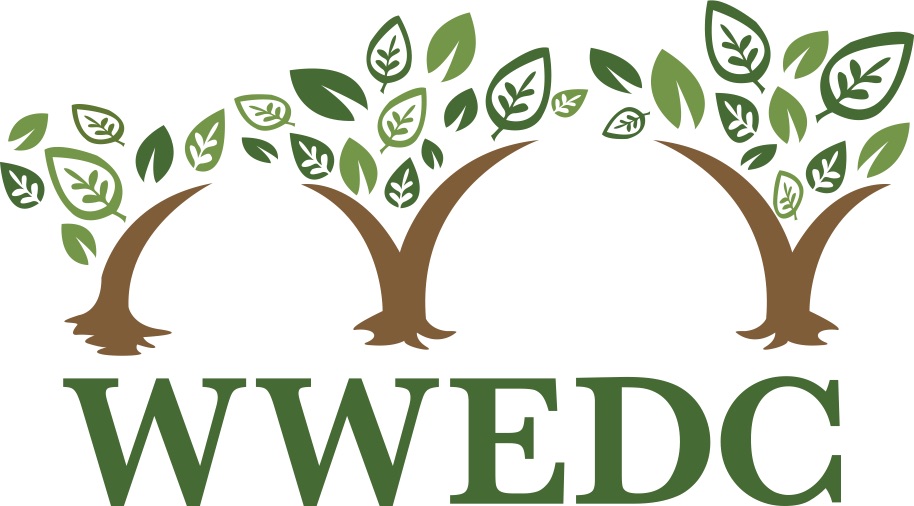Blog written by Lindzie O’Reilly, MAN, Registered Dietitian, University of Guelph
Orthorexia is a term that was first coined in 1998, but seemed to hit wide stream social media in the past few years. Orthorexia essentially refers to an obsession with healthy eating. It’s a tricky disorder to diagnose for a couple of reasons. Firstly, it is not included in the current DSM-V and, therefore, does not have specific diagnostic criteria. Secondly, it’s hard to determine what an ‘obsession’ with healthy eating looks like when we, as a society, can’t seem to agree on a definition for ‘healthy eating’. We all have to eat, so we all have different ideas about food and nutrition. Ideas about food and nutrition abound on the internet, and nutrition is a common topic of conversation between friends and family members.
Orthorexia is a scary disorder. As a society, we are generally overwhelmed and confused by the amount of nutrition information available to us (rightfully so!). Much of the information we are bombarded with stems from personal stories of individuals taking extreme approaches to nutrition or fitness. As a society, we’ve come to normalize behaviours like counting calories or macros, weighing ourselves, and cutting out foods or whole food groups. Essentially, as a society, we are orthorexic. For this reason, individuals struggling with orthorexia often fly under the radar. Their habits and ideas about food and nutrition may not seem all that different than what you hear about in the media. In fact, an individual with orthorexia may even be touted in their family or social circle as an ‘expert’ in fitness or nutrition that others go to for advice. To me, this is scary for two reasons. Firstly, it means that the individual struggling may not get the help that they so desperately need and deserve. Orthorexia can have a variety of health consequences, including nutrient deficiencies and anxiety. Secondly, orthorexia is an extremely contagious form of disordered eating because the ideas shared by the individual struggling are often adopted by those around them.
It’s difficult to agree on a definition of ‘healthy eating’ because there really truly is not one food routine that is best for all individuals. We all have different likes and dislikes, different lifestyles, and different health conditions to manage. Additionally, we eat for many different reasons. It is impossible to plug your food intake into a nutrition app on your phone, and have it spit out a black and white answer that tells you if you’re doing a good job or not. Simply looking at food and nutrient intake does not honour the fact that we eat for enjoyment and for social reasons, that we must consider factors like food availability and financial constraints, that your food intake must fit within the time constraints of your day, or that your intake depends a great deal on your level of cooking skills.
Really food, like many other aspects of our life, is about balance. We can understand, for example, that it’s possible to sleep too much or too little, and that different people need different amounts of sleep. We can understand that some people in our lives are introverts and some are extroverts, meaning that they do best with different amounts of social time or alone time. In the very same way, it’s okay, and actually quite important, to think about your food intake for the day and to take an interest in the foods you are putting into your body. It’s also very possible, however, for that interest to become unhealthy, and to overshadow other aspects of your life. Here are some signs that someone may be struggling with orthorexia:
· They cut out entire foods or food groups in the absence of a food allergy or medical condition like celiac disease
· They experience fear and guilt when they eat foods other than those deemed ‘healthy’ or ‘pure’
· They spend hours per day thinking about foods that will be served at an upcoming event
· They spend hours per day following food or lifestyle blogs
· They are overly concerned or critical of the food choices made by others
· They struggle to share meals with family members or friends as those individual’s food habits differ from your own
· They feel a sense of pleasure from eating ‘correctly’ rather than from enjoying the tastes and textures of a wide range of foods
· They spend more money than they can realistically afford on specialized foods and supplements
Eating a wide range of foods that you enjoy and that support your physical and mental well-being is important. Looking up new recipes, planning some meals in advance, and trying new ingredients can be a fun hobby. If those activities take up more time or money than any other hobby in your life, or if they require you to make sacrifices that prevent you from sharing a meal with family and friends, it signifies an unbalanced approach to food and nutrition. For more information, or to find support for you or a loved one, please refer to the support materials and list of services on this website.

